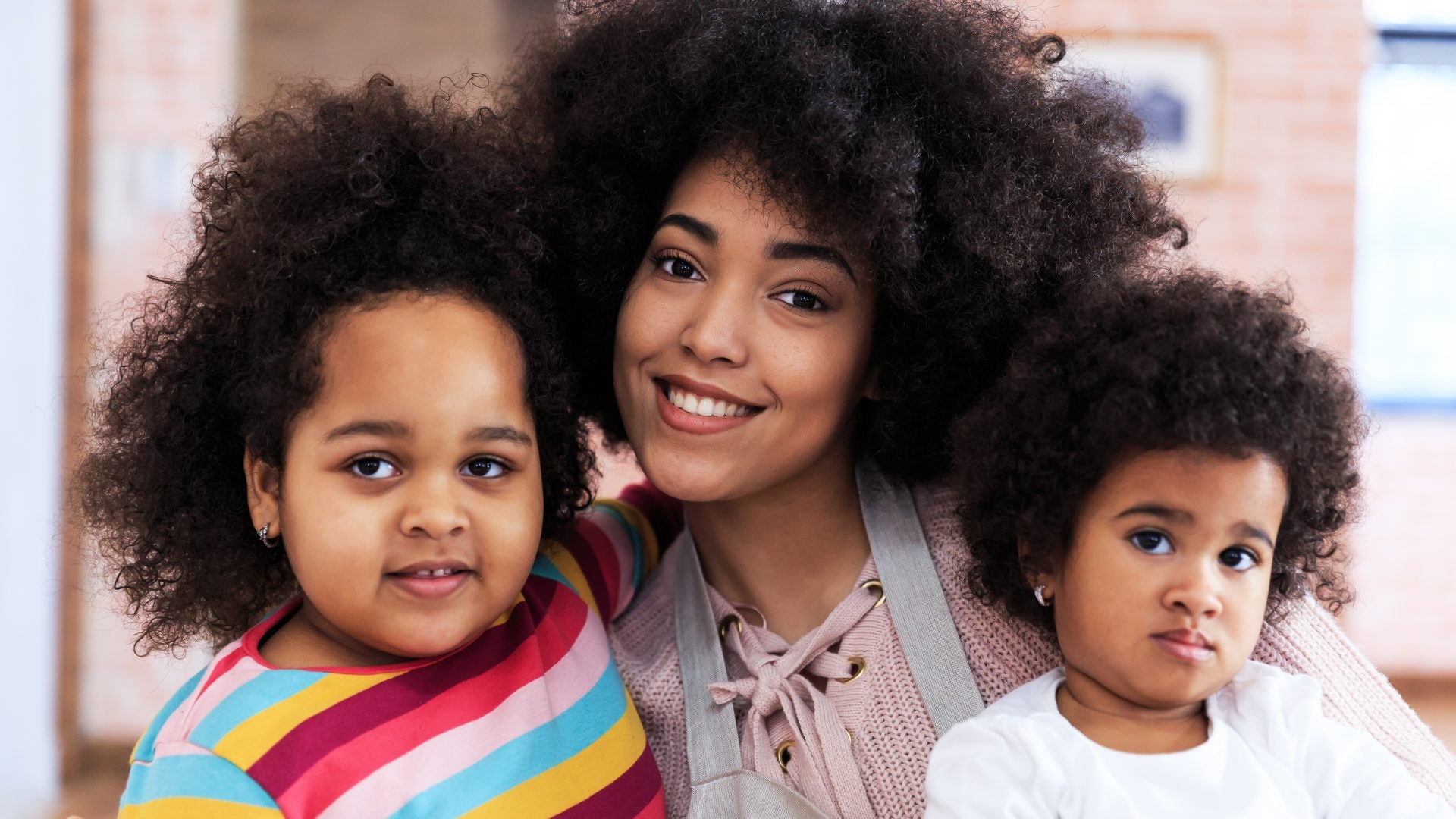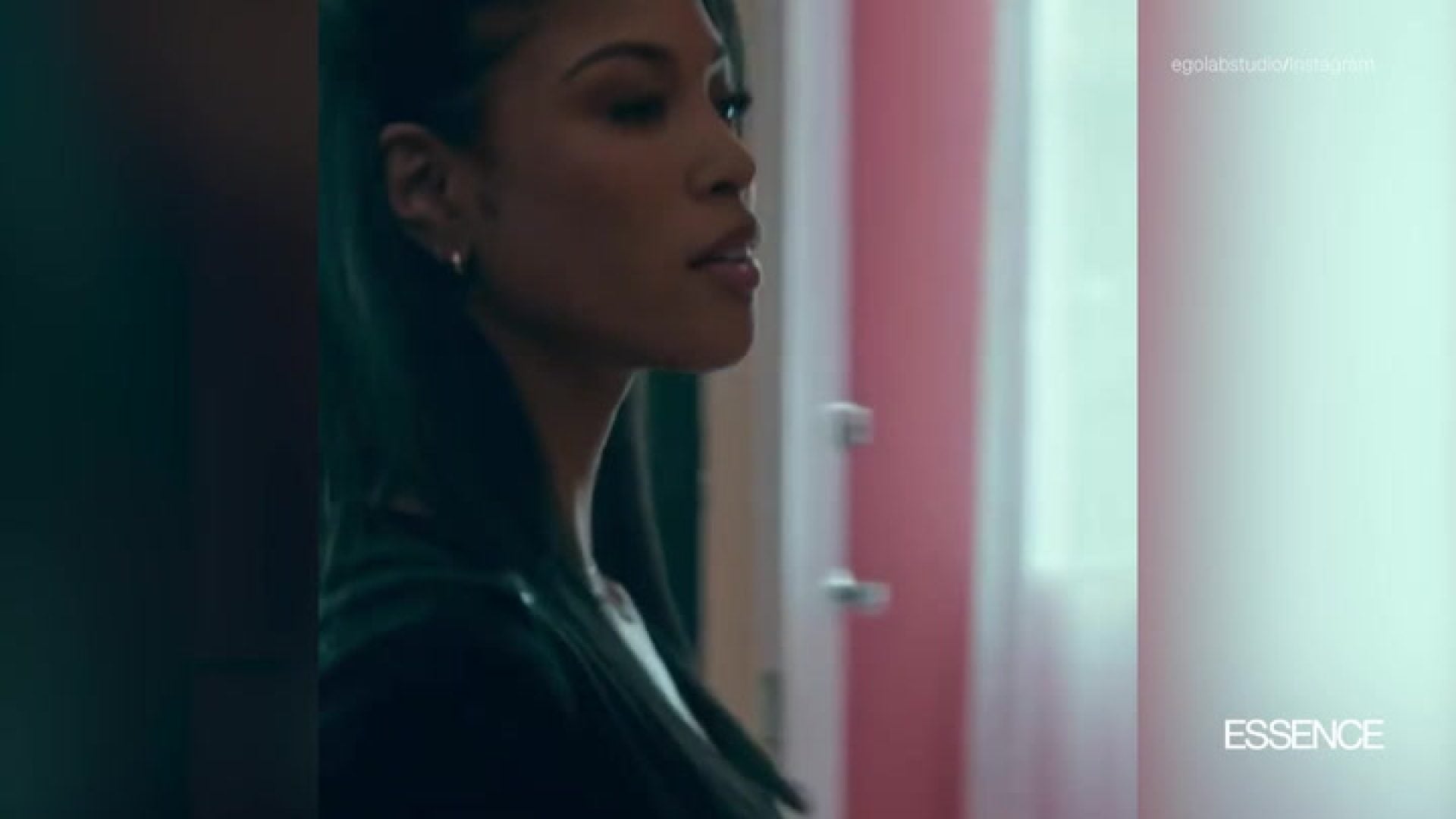
Recently, an editor for The Washington Post’s “On Parenting” section, posted an article that allowed mothers to sum up their definition of motherhood. The subheading defined motherhood as “extraordinary”, yet summed it up with the voices of all white women primarily over the ages of 30. What furthered these interesting takes on motherhood was the fact that the editor posted that she threw out the idea to the masses, “hundreds responded”, and she could not have “loved the results more.” This contentment seemed all too problematic due to missing all sorts of diversity within the framework of mothers.
As a Black mother, with a bit of nuance of birthing my son abroad and raising him as a global citizen, I often find that the faces aimed in the world of nomadic travelers never look like mine. While Black millennials are traveling much more with their children, Black traveling mothers seem to have the least amount of exposure in telling their stories and are still slower to be accepted in the conversations outside of their own community. It made me wonder if other Black mothers felt the same about how stifled their voices are in the mainstream.
When posing this question of inclusivity in motherhood conversations to Ashley Marshall-Seward, a Black Muslim mommy blogger raising two sons (one of whom has Epilepsy) and a daughter ages 13, 11, and 9, she also confirmed the feeling of being sidestepped– although Black Muslims make up over 700,000 of the overall Muslim population in the United States.
“When you do see conversations and the focus is Muslim women, unfortunately it’s not usually Muslim women that look like me or ones that I identify with. It’s like Black Muslims have been forgotten in a country that was built on the backs of our ancestors. Our opinions are needed because there are hundreds if not thousands of other Muslim Black moms that look just like me waiting for someone like them to be recognized and included,” Marshall-Seward stated.
Intersectional identities are something we cannot come away from as we continue to grow in understanding that motherhood can come in a multifaceted form. For Dinea Elliott-Collins, a queer first-time mother who does not have many other queer friends with children, she finds it imperative that mothers from this community are given a normalized voice.
“It takes a lot of work, planning, and money to grow our families so they’re fewer and further between. The fact that we’re not making heteronormative choices, I believe, is the reason we’re often left out of many parenting conversations. People either don’t consider us to be parents because we’re in a same-sex relationship or feel uncomfortable including us because our family is set up differently than theirs.”
It appears that Black women are continuously having to force their way into conversations where they should have been included, in the first place.
“I understand that most people prefer to share and engage with those they feel they can relate to but if we opened up seats at our tables to parents whose lives are different than our own we’d likely find we have more in common than we realize,” Elliott-Collins continued.
The other part of the blatant removal of certain voices via this Washington Post article, left much to wonder why only mothers of a certain age bracket. Do younger mothers, also not hold validity in this conversation of motherhood?
Crystal Donald, best known to her 70,000 followers as @Cris_Cavallari, believes younger mothers don’t get the respect they deserve. As the mother of two, Donald had her oldest daughter Jea at 16 years old. With sensationalized shows like Teen Mom and 16 & Pregnant, the idea that this group of mothers would be able to talk about navigating life as a younger mother is overshadowed by young white girls, leaving young Black girls out of the conversation, yet again.
Donald feels that younger mothers “are always written off.” “It’s as if everyone believes life is over once you have a child early. Being a young mother I was able to master the art of multitasking with school, work, social life, etc. New school parenting is a lot different from our grandparents and parents and I think young Black mothers have more to offer the world than what the media allows people to see.”
She has truly shown that she can do it all from raising her now 18-year old daughter, and welcoming her baby boy Goliath nearly two years ago all while running multiple businesses and creating a platform for other mothers, called “Icconic Mom”.
In 2019, it is not only deplorable to exclude the voices of marginalized mothers, but the fact is that one of the most extraordinary things Black mothers can do is simply survive pregnancy and delivery. Culture writer, Taylor Crumpton, previously reported for Essence, “The radical act of birthing new life into this world could result in our death sentence since we are three times more likely to die than our white counterparts.” That fact in and of itself deserves all of the recognition to willfully respect our voices without pinning us as merely diversity and inclusion campaigns.





